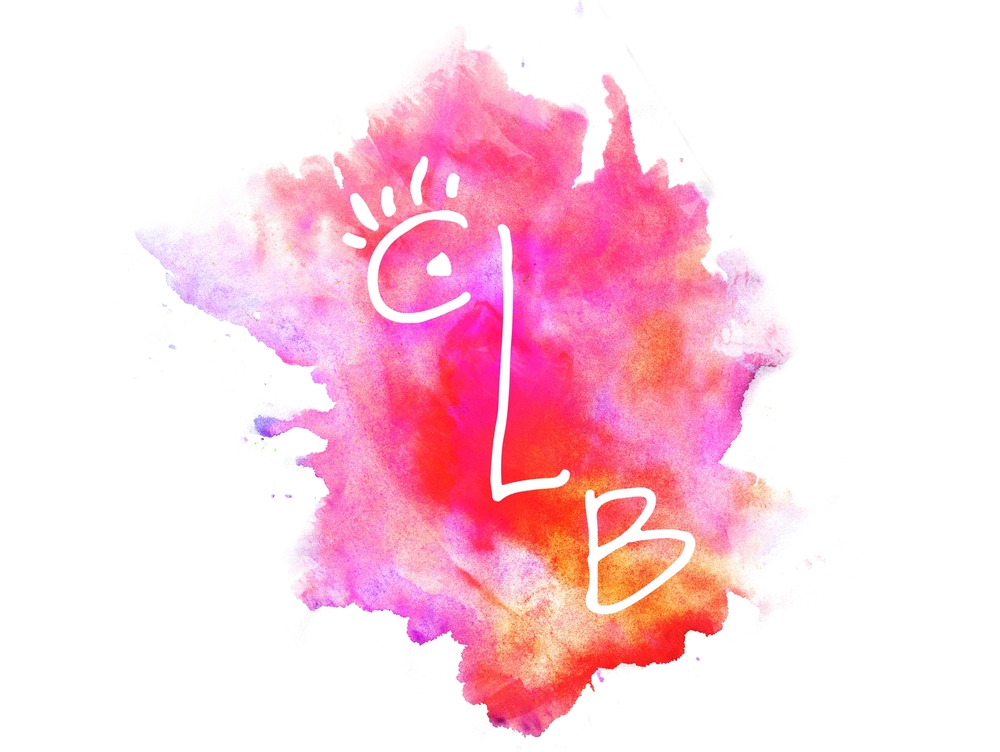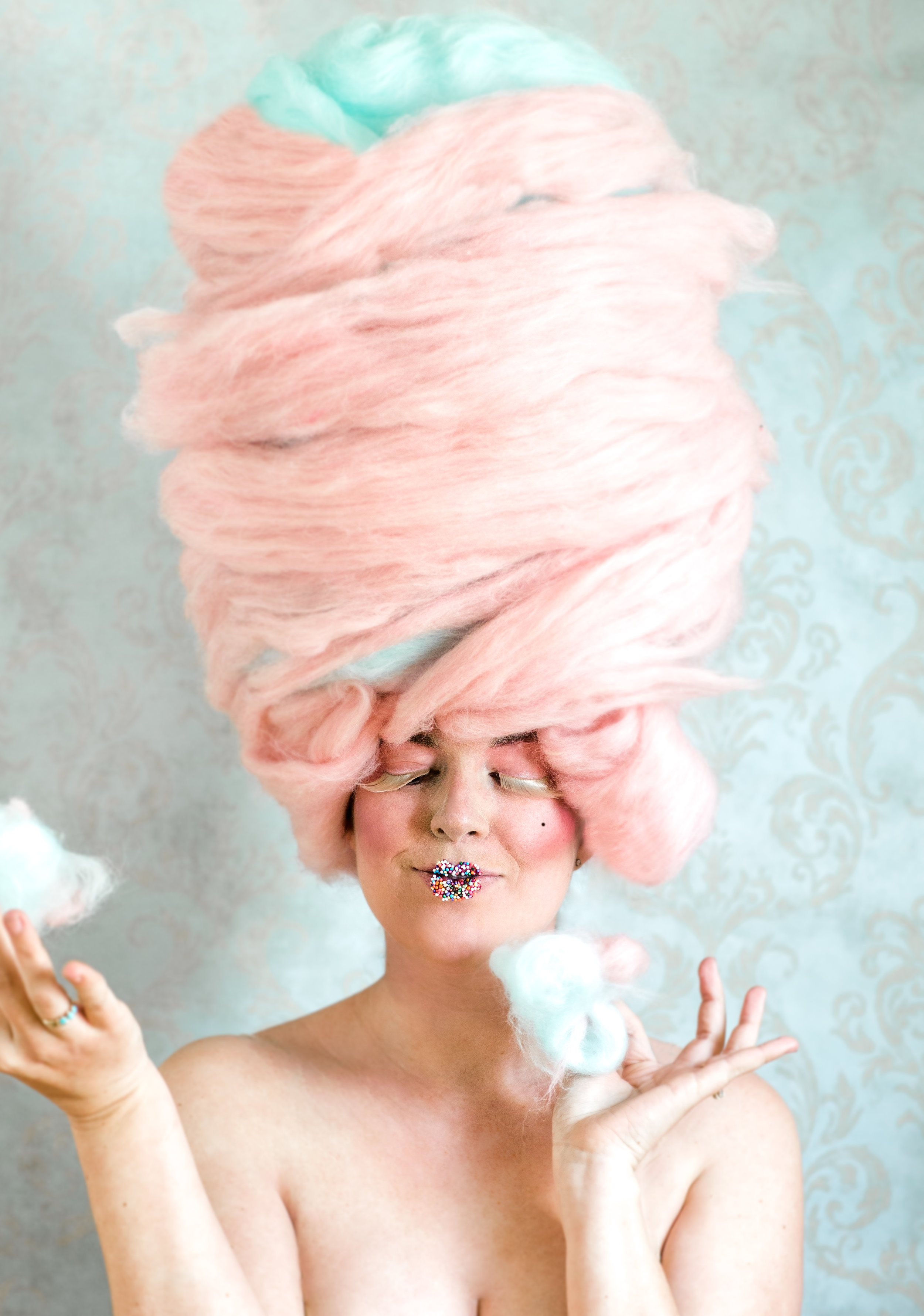I'm almost afraid to admit this. But I don't encourage my wedding clients to have "unplugged" weddings. It just isn't really a subject that gets brought up or talked about during meetings. But like I mentioned earlier, I have a lot of opinions about them.
So here goes.
An "unplugged" wedding is when guests are not allowed to take photos during the ceremony and sometimes during portraits and family photos. That means all cell phones, iPads, and cameras are restricted with the exception of the hired photographer and videographer.
Photo by Shannon Michele Photography
Think of me like the Smokey the Bear of wedding photography. "Only YOU can prevent a wildfire of Instagram Storying."
(And I'm talking to both the people in front of and behind the camera.)
Ultimately, the decision to make a wedding unplugged is the decision for only the bride and groom to make. (Let's respect that everyone is different lest we wake the Bridezilla). It's as personal as deciding on whether you should serve salmon or chicken as your alternate dish, or choosing between roses or dahlias in your bouquet.
Sometimes you feel like a nut, sometimes you don't. Ya know?
But I'm here to help you make your decision based on the pros and cons of making a wedding unplugged.
I present to you Exhibit A: an extreme example of what can happen during the ceremony of your wedding if it isn't "unplugged":
Photo by Taylor Parker Photography
Unplugged Pro: What happens above probably won't happen if you ask your guests to be "unplugged" and present. Most of you will be convinced at this point and stop reading. Bye!
For those of you still on the fence,
Unplugged Con: Your photographer may not get everything. Most brides don't realize how much they missed until they see their wedding photos. The day is such a blur, looking through photos is like reliving the day.
Photographers may seem magical with their witchcraft and Photoshop, but I somehow have not mastered the ability to be two places at once. If you haven't hired a 2nd shooter, you may not get all the shots you didn't know you wanted.
It also can take a long-ass time to get your photos back. This is important to note:
on average, it takes about 5 times the amount of time to edit a wedding as it does actually photographing the wedding.
It's normal for me to turn around a wedding gallery in 8 weeks. That's two months before you get to see your first kiss photos, or the photos of your husband tearing up during his vows.
Your wedding day is much more important for you and your guests than it is for your photographer. A guest that has known you since you pooped in diapers is going to be more invested and have a more emotional connection to you and your wedding day than anyone you are paying to be there. And quite frankly, anyone who has wiped your butt at any point in your life at the very least has earned the right to take a photo of you coming down the aisle.
Plugged Pro: Every wedding I go to has at least ONE person who is also a photographer, whether they are a hobbyist or a professional. I'm in the minority of photographers who think this is awesome for the bride and groom. They basically get an extra shooter for free! And I'm all for someone taking photos that I may be missing while I'm off taking portraits of the bride and groom.
You heard me right: I LOVE when guests take photos. I want the bride and groom to have so many wedding photos that they get sick of looking at wedding photos.
But there's a fine line of me loving this before it crosses over to a very big Plugged Con:
problems only arise when guests start to compete for the same shots as the hired professionals.
I see you, sneaky.
It doesn't matter whether a wedding is unplugged or not; at some point, someone is bound to stand right next to me and take a photo of the same exact same thing I'm shooting. I've had iPads held directly over my head while taking family photos. I've had people jump in front of me to take a first kiss photo with their camera, I'm constantly checking my immediate surroundings because I'm bound to step on someone at some point.
Why is this a problem?
In most cases, it's a matter of eyeballs. If someone is taking a photo next to me during family photos, there is bound to be at least one person in the photo who looks at their camera. And if someone isn't looking at the camera in family portraits, it's noticeable. That person may as well have their eyes closed, and it causes me to feel the need to either delete the image or photoshop someone's eyes.
Ain't no one got time for that, honey.
Enjoy this commercial interruption from SLFWeddings.com
At the end of the day, I truly believe we as hired professionals are usually prepared and ready for this to happen, and are quick enough on their feet to compensate for Aunt Kathy getting trigger happy in the front row.
I can count multiple weddings where I have had a lot more obstructions aside from cameras and iPads. I've dodged plants, cacti, trees, columns, stairs, the sun. It's common for officiants to forget to tell the guests to take their seats once the bride gets to the end of the aisle (I'm not even short but I don't have many places I can take photos if there are 10 rows of heads in front of me). I've had to climb on things and duck and dodge at every wedding no matter what.
At the end of the day, your photographer will do their damnedest to get the shots needed.
But I think it's important to make your photographer and videographer's job easier, not more difficult.
Here are three simple ways to ensure you get those Pinterest-worthy ceremony photos no matter what:
1. Hire a second shooter whether you are planning on having an unplugged wedding or not.
2. Ask your officiant to make an announcement before the ceremony to remind guests to stay seated and keep all limbs and body parts clear of the center aisle.
3. If you allow guests to take photos, request all flashes be turned off.
(Flashes usually emit what I can only describe as a red laser beam before they flash. Do you want laser beams in your wedding photos? Didn't think so.)
I hope this helps!
xo
Casey





































